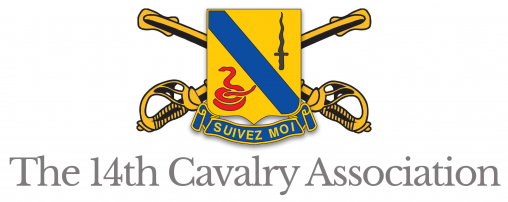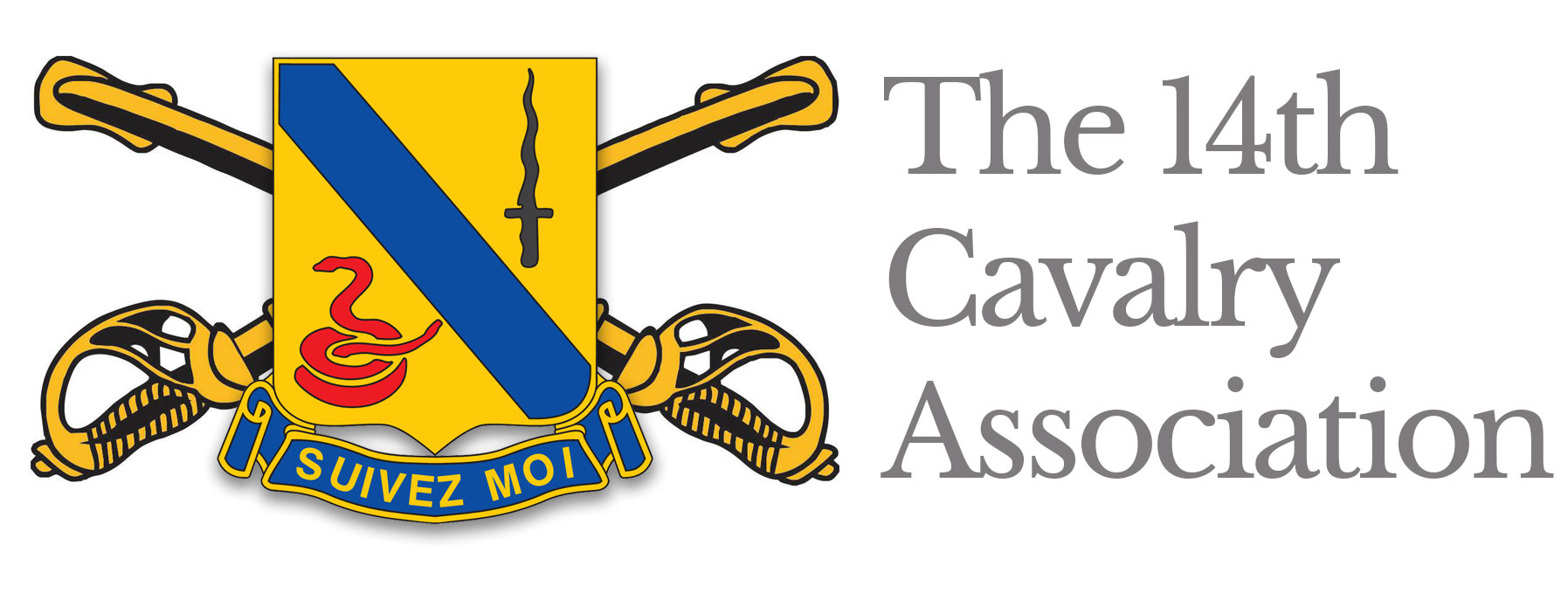A Very Brave Man
In 1964, as a young Armor officer, I was on my first duty assignment with the 14th Armored Cavalry Regiment (ACR) on the Inter-Zonal border of Germany. Strategically positioned astride the famous FULDA gap, a militarily significant terrain and historic invasion route, the mission of the Regiment was to patrol approximately 120 miles of the Iron Curtain. Across the mine-laced fences, the Regiment faced a formidable number of East German and Soviet and Warsaw Pact forces. In case the “balloon went up” it was the Regiment’s task to delay the aggressor long enough so that other, heavier combat units could be brought to the border area from the rear to engage the enemy and defend Germany.
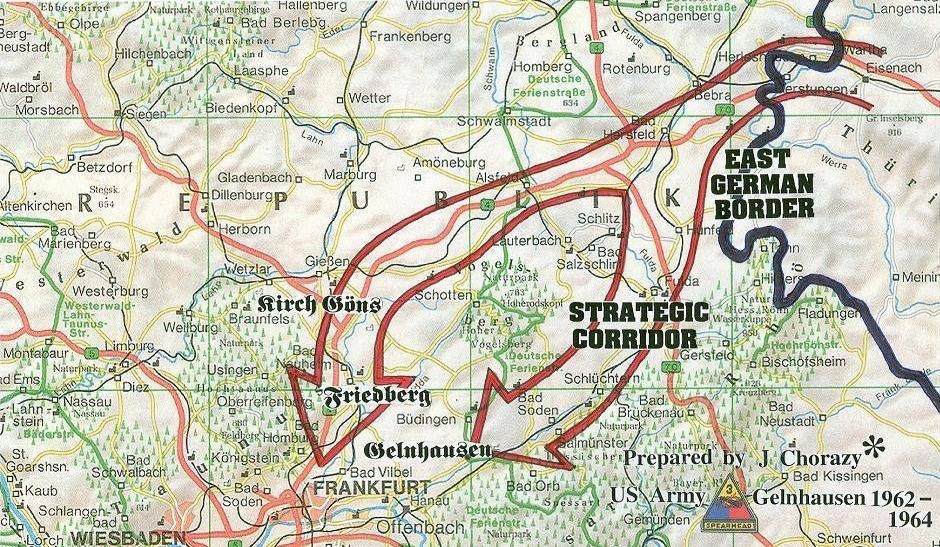
My unit, the 3d Squadron, was located at McPheeters Barracks in the East Hessian town of Bad Hersfeld and, as such, was the most forward deployed U.S. force in Europe with the exception of the Berlin Brigade.
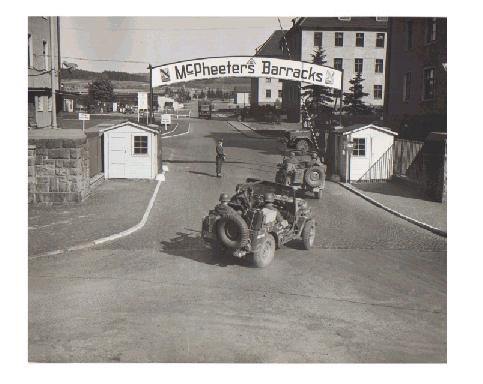
Facing the Soviet-Warsaw Pact armies from the Baltic in the North to Austria in the South were various British, German and other U.S. formations.
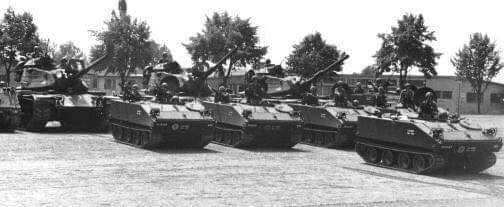
Communication among these units was very important to assure coordination of contingency plans and the integrity of the border.
One day I was asked to accompany the Squadron Commander, Lt. Col. Wells, on such a coordination trip to the 53rd German Panzergrenadierbataillon (Mechanized Infantry Battalion) located North of us. Fluent in German, I was to translate for the Colonel. Upon arrival at the German commander’s Headquarters and over a cup of coffee, I learned that he had served on the staff of the legendary armored commander, General von Manteuffel on the Eastern Front in WWII.
Needless to say, I was impressed, but my Colonel was seemingly not. After checking common unit boundary lines and other coordination points on our respective maps, Lt. Col. Wells pointed to a U-shaped terrain feature just inside our assigned sector. This terrain, he indicated, was ideally suited to canalize the enemy and to destroy him. While this was right out of a doctrinal field manual, the Colonel actually said that he would “… suck those Russkies in there and kill them.”
Looking up from the map, I saw a smile on the German’s face. Coordination accomplished, we took our leave. As I walked out the door behind Lt. Col. Wells, the German commander touched my elbow and said in a low voice: “Herr Lieutenant, be sure to tell your Colonel that I think he is a very brave man.” That I never did!
P.S. Years later, at the Command and General Staff College at Fort Leavenworth, Kans., I met one of my classmates by the name of John Wells. I told him that I had worked for a Lt. Col. Wells once, and then related the above incident. I added, that in addition to being arrogant, the Colonel had been quite an S.O.B. Upon which John responded: “That S.O.B. was my father.”
Hans Duerr, 1st Lieutenant
K and L Troops, 3rd Squadron, 14th ACR, 1964-1968
Retired as a Colonel
